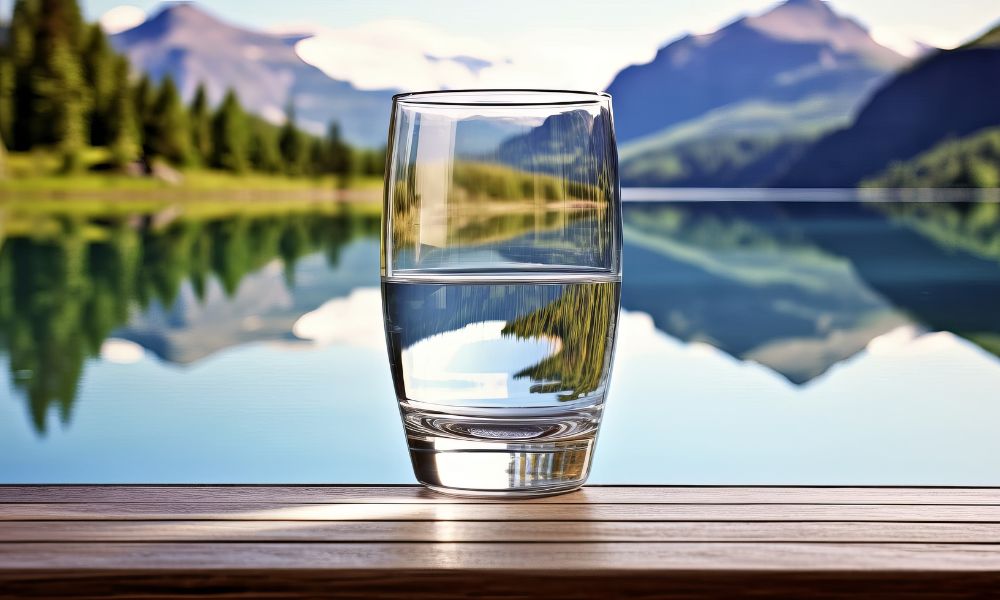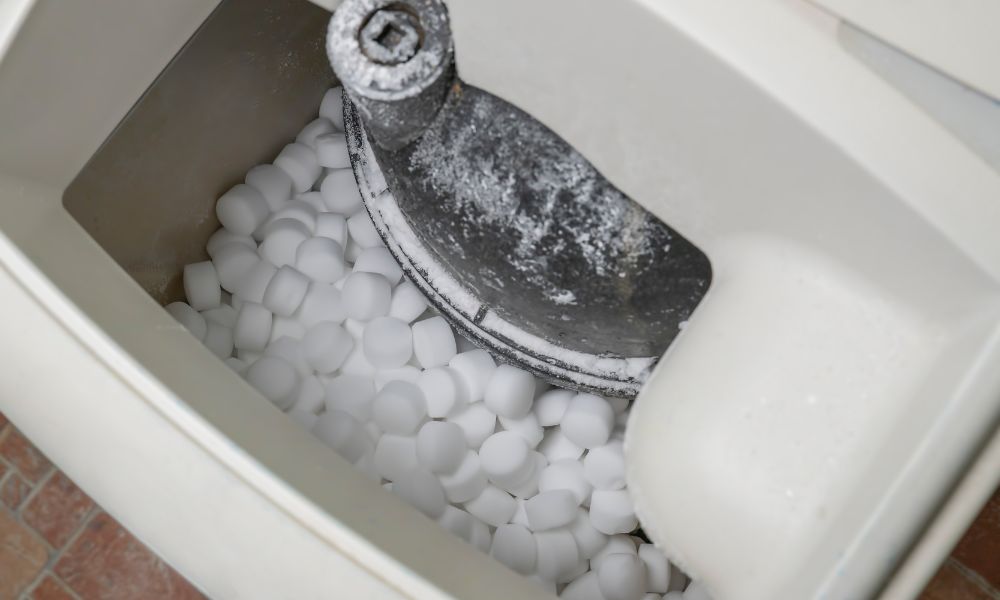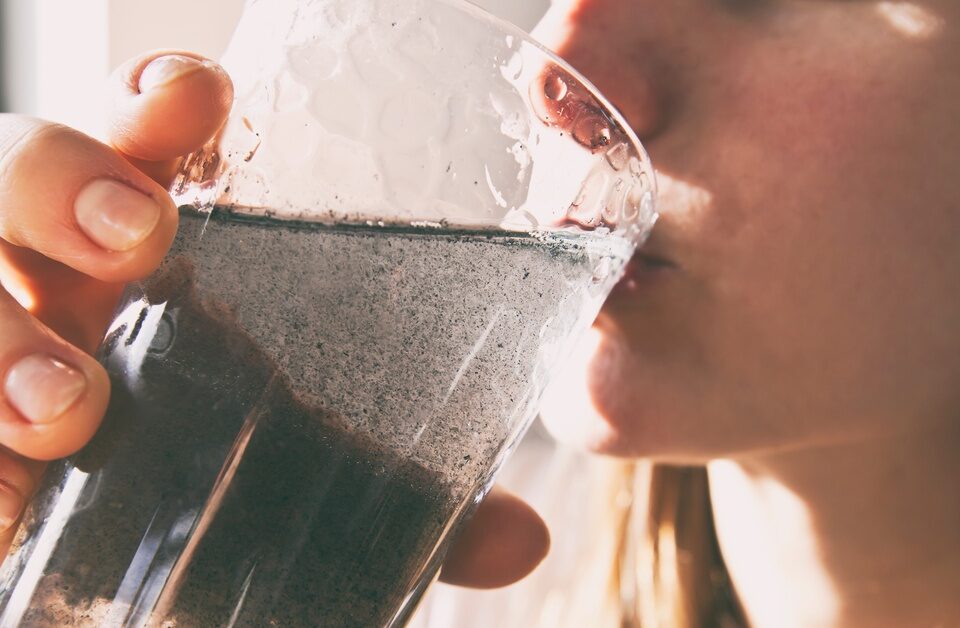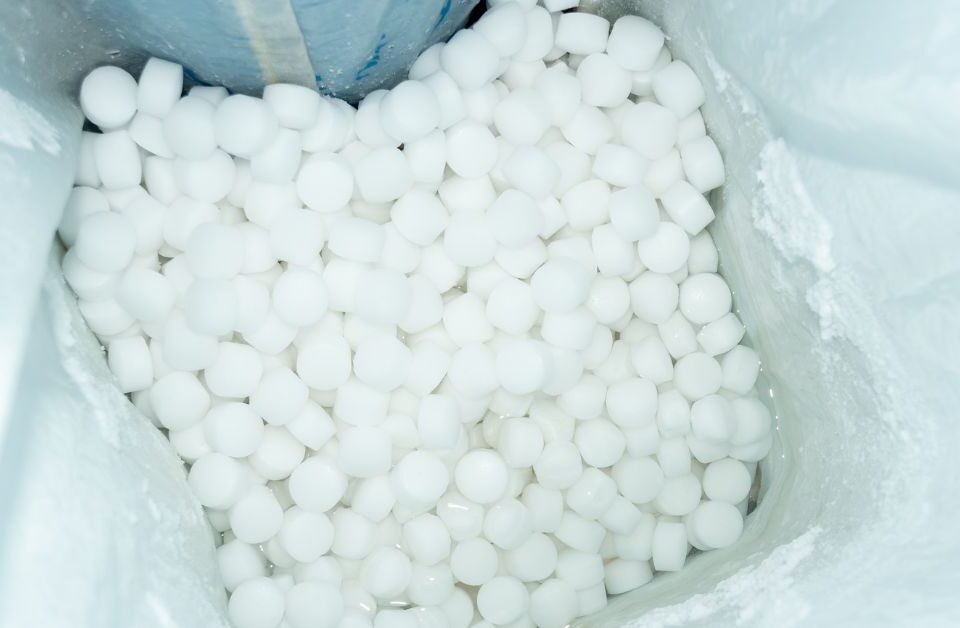
Should Your Drinking Water Contain Minerals?
September 11, 2023
Water Softener vs. Water Conditioner: What’s the Difference?
October 26, 2023Have you noticed a bitter, tea-like taste coming from your water recently? Perhaps you’ve noticed a brownish tint to it. These common signs are indicative of tannins in your water. Tannins are biomolecules found in plants, soils, and other organic matter. The smell and taste they emit can be frustrating for homeowners. This article helps homeowners understand why tannins are in their drinking water and what they can do about it.
Natural Sources
Tannins come from natural sources, such as decaying leaves, fruit, and other plants. Water from the runoff during or after a downpour can gather tannins and other organic materials as it travels to rivers, lakes, and groundwater reservoirs. These natural tannins aren’t usually harmful to drink but can cause discoloration and affect the water’s taste.
Soil
Tannins mostly come from soil. Peaty soils, such as those found in wetlands and marshes, have high levels of tannins due to the decomposing plant matter. The groundwater picks up these tannins when it flows through these areas. Depending on the vegetation, other soil types may also contribute to tannins.
Human Activity
Human activity can also influence the level of tannins in water. For example, leather, wine, and tea production involve using tannins. Some wastewater treatment plants may not remove tannins from the water properly, causing them to end up in our drinking supply.
Health Risks
While tannins are generally safe for consumption, high levels of tannins can cause some health risks. For one, tannins can interfere with nutrient absorption in the body, such as loss of essentials like iron and calcium. They can also cause upset stomachs, nausea, and diarrhea in some. Those with compromised immune systems could be at an increased risk for infections from the bacteria that can grow in tannin-containing water.
Treatment Options
Fortunately, removing tannins from drinking water is possible. Depending on the tannin source and severity, various treatment options are available, including activated carbon, reverse osmosis, and ion exchange. Water softeners can effectively remove tannins, though it’s important to note that they also remove helpful minerals and cause their own problems. The best solution depends on your needs and water quality.
Tannins in drinking water come from different things and could have benefits and risks. Properly addressing the issue helps protect your health and your home’s plumbing if you notice tannins in your water. Consulting with a water treatment professional can help you determine the best action. Clean, safe drinking water is essential for maintaining a healthy home.
Discover the secret to cleaner, tannin-free water in your home. Delmarva Water Solutions has the perfect solution for your water needs with our advanced water filtration systems. Say goodbye to tannin-filled water and hello to fresh, pure water. Our experienced team is here to assist you every step of the way. Don’t wait! Find the best water purification system for your home today!




